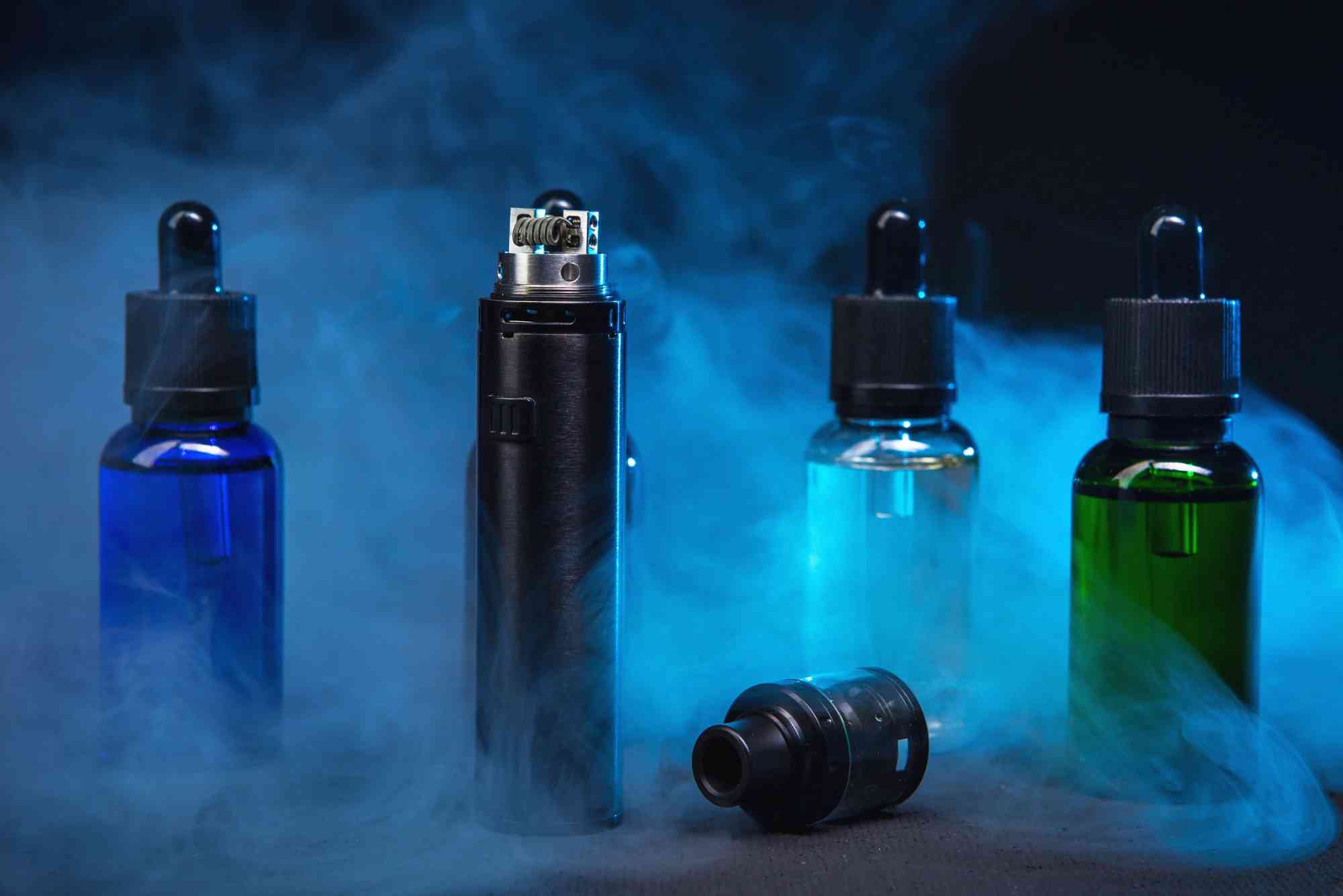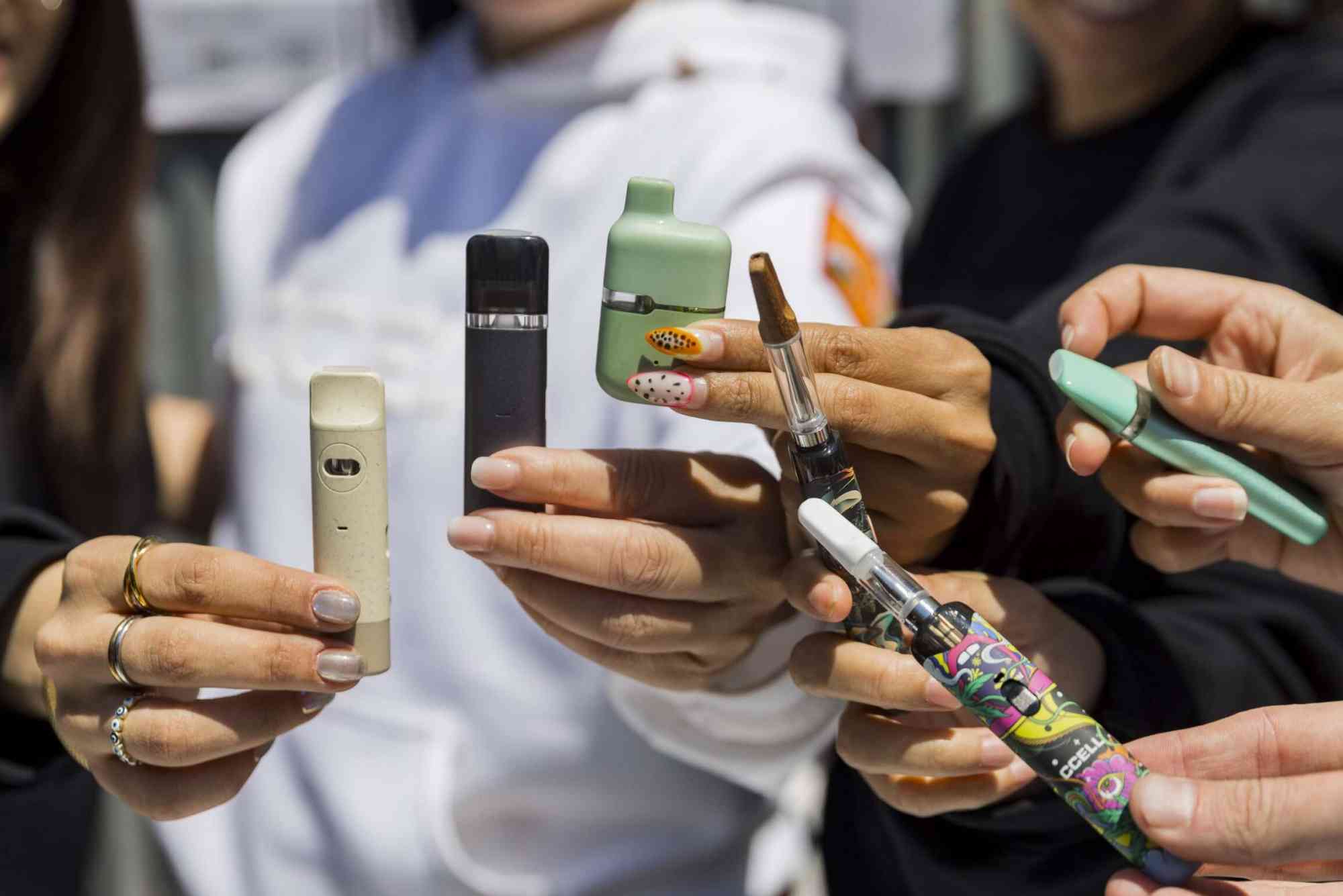The GCC Vape Conference 2025 has become a pivotal moment for stakeholders across the Middle East’s vaping landscape. As the regulatory environment matures, this year’s summit gathered policymakers, health officials, industry leaders, and entrepreneurs under one roof to shape the future of vaping in the Gulf Cooperation Council (GCC) countries.
Held in Dubai, the conference served as a platform for open dialogue, unveiling progressive regulations and highlighting technological innovations. From updated compliance frameworks to emerging consumer trends, the summit was packed with insights critical to the region’s evolving vape industry.
The Significance of the GCC Vape Conference
The GCC region — encompassing Saudi Arabia, UAE, Kuwait, Oman, Bahrain, and Qatar — has seen rapid growth in the vaping market. However, regulation has often lagged behind consumer adoption. The GCC Vape Conference plays a crucial role in aligning public health priorities with commercial viability, fostering a balanced regulatory ecosystem.
Driving Policy Through Collaboration
One of the summit’s defining features was its collaborative approach. Ministries of health from all GCC countries joined forces with global health organizations and vape industry representatives. This multi-stakeholder model ensures that new laws are both enforceable and supportive of harm reduction.
A Platform for Regulatory Innovation
This year, the summit focused heavily on innovation within compliance. Governments and industry are moving away from prohibition and toward a model based on product quality, responsible marketing, and consumer protection. These developments signal a more stable future for legitimate businesses.
Key Announcements and Policy Updates
The 2025 edition of the GCC Vape Conference introduced several landmark regulatory shifts aimed at harmonizing standards across the region.
Unified Product Standards
A new GCC-wide standard for vape liquids and devices was announced. This includes:
- Restrictions on harmful ingredients
- Child-resistant packaging
- Clear labeling with nicotine content and health warnings
The standard will be implemented by Q4 2025, giving manufacturers time to adapt.
Licensing and Compliance Framework
All vendors — both online and brick-and-mortar — will now require licenses to operate legally. Regulatory bodies in the UAE and Saudi Arabia are leading the implementation of this centralized licensing model, which will be rolled out across the GCC in phases.
Advertising Restrictions and Youth Protection
To combat rising use among minors, strict advertising rules were introduced:
- No social media influencer partnerships
- Bans on advertising near schools or youth centers
- In-store promotion limits
These policies align with global standards seen in countries like the UK and Canada.
Technology and Innovation in Vaping
A major theme at the GCC Vape Conference was the role of technology in shaping a safer industry.
Smart Vape Devices
Tech firms presented new devices equipped with features like:
- Age-verification technology
- Puff counters
- Bluetooth-enabled usage tracking
These tools aim to give users and regulators more control over consumption behavior.
E-liquid Traceability
A blockchain-based tracking system for e-liquids was showcased, promising to enhance supply chain transparency and combat counterfeit products.
Market Trends and Consumer Insights
The conference also addressed evolving consumer behaviors and market demands in the region.
Rise of Nicotine Salts and Disposable Vapes
Data presented by Euromonitor showed a significant rise in demand for nicotine salt products and disposable vapes. These are favored for their ease of use and higher nicotine delivery, especially among new users.
Health-Conscious Vaping
There’s growing interest in vape products with natural ingredients and zero-nicotine options. Brands are responding with product lines that appeal to health-conscious adults looking for alternatives to smoking.
Public Health Implications
The shift in regulatory stance reflects a broader public health strategy. Officials emphasized vaping’s potential role in smoking cessation — but only if tightly controlled.
Harm Reduction Focus
Speakers from WHO and regional health ministries reinforced that vaping, while not risk-free, presents a lower harm profile compared to combustible tobacco. Regulatory efforts aim to minimize risks without eliminating access for adult smokers seeking alternatives.
Health Warnings and Consumer Education
The summit stressed the need for transparent public messaging. Several initiatives were announced:
- Public awareness campaigns
- Vape literacy programs in schools
- Training for healthcare providers on advising smokers
Regional Differences in Implementation
While the goal is unified standards, each GCC country will adapt the new policies based on local conditions.
UAE and Saudi Arabia Lead the Charge
The UAE continues to be the most vape-friendly jurisdiction, with well-developed laws and clear retail guidelines. Saudi Arabia, once more restrictive, has opened the door to a regulated market under strict oversight.
Other States Catching Up
Kuwait and Bahrain are actively drafting new laws based on the summit’s outcomes. Oman and Qatar, traditionally more conservative, are showing signs of policy re-evaluation.
Business and Investment Opportunities
For investors and entrepreneurs, the summit outlined several promising areas.
Expansion of Legal Retail Networks
As gray markets shrink under new enforcement, there is growing demand for licensed vape shops and e-commerce platforms. The UAE alone is expected to see a 25% increase in licensed outlets by 2026.
Manufacturing Hubs
With standardized regulations, GCC nations aim to attract international vape manufacturers. Tax incentives and free zone benefits were highlighted as part of investment plans.
Compliance Services
A new industry segment is emerging around compliance — including product testing, legal advisory, and software tools for regulatory reporting.
What Comes Next?
The GCC Vape Conference 2025 marked a significant turning point for the region’s vaping industry. With a strong focus on public health, innovation, and cross-border cooperation, the summit laid the groundwork for a safer, more transparent market.
FAQ – GCC Vape Conference 2025
What is the GCC Vape Conference?
It’s an annual summit where policymakers, health experts, and vape businesses discuss regulations and trends in the GCC region.
Why is vaping regulated in GCC countries?
To protect public health, especially youth, and ensure product safety through unified standards and licensing.
Can you buy vape products legally in the GCC?
Yes, in most countries like the UAE and Saudi Arabia, legal vape sales are allowed through licensed vendors under strict rules.
What are the new vape rules in Saudi Arabia?
Saudi Arabia now requires vendor licensing, restricts advertising, and enforces product quality standards, aligning with other GCC countries.
Is vaping safer than smoking cigarettes?
While not risk-free, vaping is generally considered less harmful than smoking, especially when used as a smoking cessation tool.





